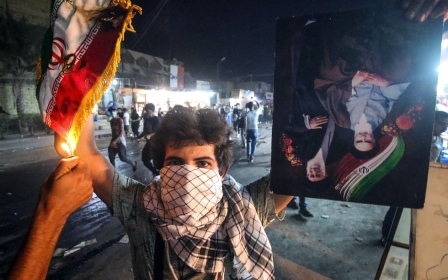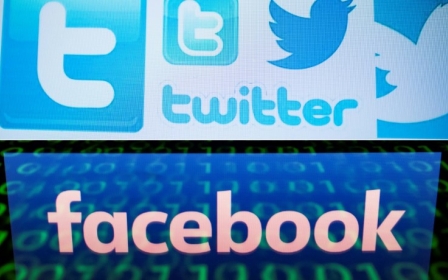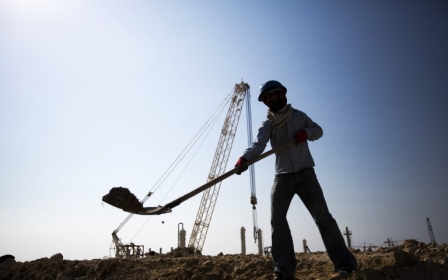US envoy says Washington willing to negotiate new deal with Iran
The United States is seeking to negotiate a treaty with Iran to include Tehran's ballistic missile programme and regional activity, the US special envoy for Iran said on Wednesday, ahead of UN meetings in New York next week.
Iran has rejected US attempts to hold high-level talks since President Donald Trump tore up a nuclear deal between Tehran and six world powers earlier this year.
Secretary of State Mike Pompeo listed a dozen demands in May that he said could make up a new agreement, although envoy Brian Hook's reference to a treaty, which would have to be approved by the US Senate, appears to have a new focus.
The 2015 deal was an executive agreement that was not ratified by the US Senate and covered only Iran's nuclear programme.
"The new deal that we hope to be able to sign with Iran, and it will not be a personal agreement between two governments like the last one, we seek a treaty," envoy Hook told an audience at the Hudson Institute think-tank.
Among Pompeo's demands was the release of Americans jailed by Tehran, an end to its nuclear and missile programmes, and for Iran to withdraw its forces and end financial support for sides in the conflicts in Syria and Yemen.
Still, Hook acknowledged that Iran's leaders have not been interested in talks even amid statements by Trump this year that the administration was willing to meet.
Some opponents of the nuclear agreement have said that then President Barack Obama's failure to seek Senate approval of the deal allowed Trump to unilaterally withdraw.
"They did not have the votes in the US Senate so they found the votes in the UN Security Council. That is insufficient in our system of government if you want to have something enduring and sustainable," Hook said, adding that Washington hoped US sanctions would force Tehran to negotiate.
Iran views the United States as acting in bad faith by withdrawing from a deal and has longed blamed Washington for stoking instability in the Middle East. It has said Trump's offer to negotiate contradicts his actions and accused Washington of trying to foment a change in government.
Trump will chair a session on Iran during the UN General Assembly meetings in New York next week. In July, Trump said he was willing to meet Iran's leaders "any time they want," prompting speculation that a meeting might take place at the UN next week.
Iranian leaders have suggested that Washington's return to the nuclear deal is a prerequisite for future talks.
On Wednesday, the US State Department's Country Reports on Terrorism accused Iran of being a global threat.
"Iran remains the world’s leading state sponsor of terrorism and is responsible for intensifying multiple conflicts and undermining US interests in Syria, in Yemen, in Iraq, in Bahrain, in Afghanistan, and in Lebanon, using a number of proxies and other instruments such as Lebanese Hezbollah and the Islamic Revolutionary Guard Corp’s Quds Force," Coordinator for Counterterrorism Nathan Sales told reporters, according to a transcript released by the State Department.
"The threats posed by Iran’s support for terrorism are not confined to the Middle East; they are truly global," he said.
Iran rejects accusations that it supports terrorism and argues that Washington sponsors oppression in the Middle East, including the Israeli occupation in Palestine and the Saudi-led war in Yemen.
Middle East Eye propose une couverture et une analyse indépendantes et incomparables du Moyen-Orient, de l’Afrique du Nord et d’autres régions du monde. Pour en savoir plus sur la reprise de ce contenu et les frais qui s’appliquent, veuillez remplir ce formulaire [en anglais]. Pour en savoir plus sur MEE, cliquez ici [en anglais].




